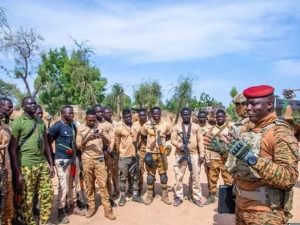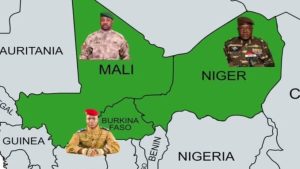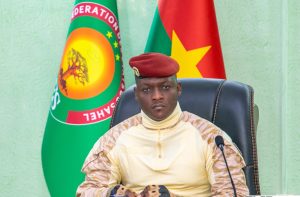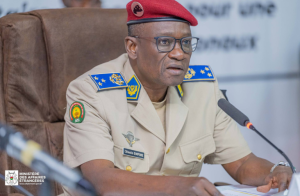Burkina Faso: Faso Dan Fani school, a lever for cultural roots and sovereign emancipation
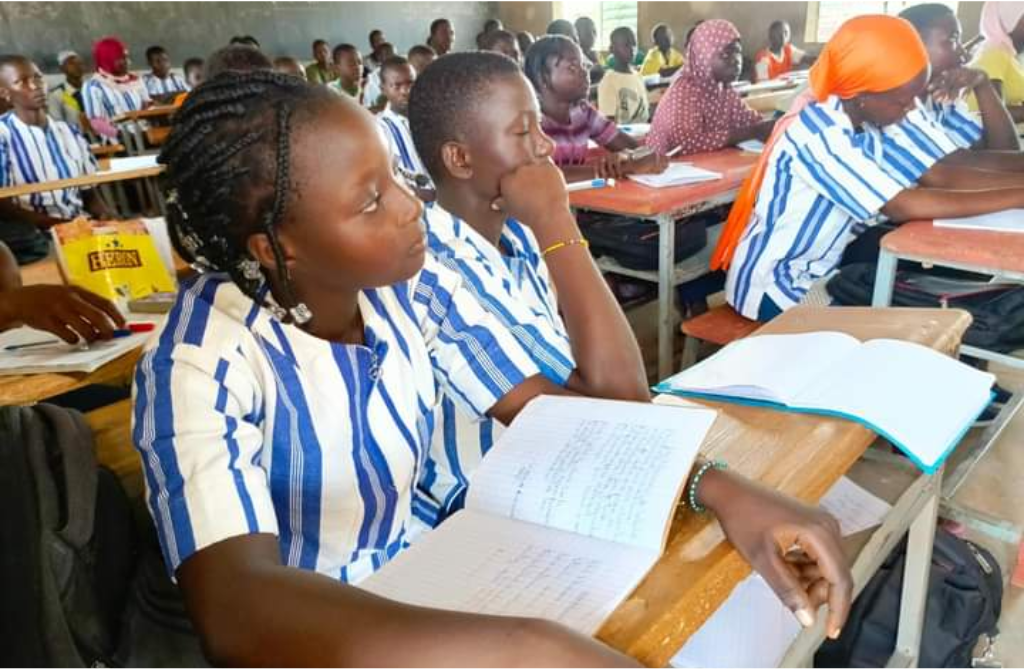
In a national context marked by the quest for sovereignty, dignity, and cultural revival, the generalization of wearing the Faso Dan Fani in schools, decided by the Council of Ministers on September 4, 2024, stands as a political act of renewal. More than just a dress reform, it is a declaration of identity, a commitment to cultural rooting, and a powerful strategy to build patriotic awareness among younger generations.
The Faso Dan Fani – like the Koko Dunda – is much more than a fabric. It is the woven memory of our peoples, the cloth of our struggles, the symbol of a nation standing tall, asserting its uniqueness in a globalized world. By imposing it in schools, the Burkinabe state deliberately breaks with a long-standing clothing alienation imposed by Western models. The aim is to reaffirm that Burkinabe schools should be places of knowledge transmission, but above all, spaces for identity building.
Burkina Faso is decisively moving forward on the path of renewal, because a nation that does not value its symbols cannot aspire to greatness. The national fabric worn by our students, teachers, and future leaders is a concrete way to embed culture in daily life, making belonging to a shared history and destiny visible and tangible.
This gesture, seemingly simple, is a lesson in sovereignty. It invites a review of consumption models, supports local craftsmanship, and stimulates the domestic economy. Every outfit worn, every locally woven thread, is a victory over excessive imports, textile dependency, and cultural depersonalization.
This is the full power of this reform: it does not constrain, it elevates. It gives Burkinabe students the opportunity to be proud of themselves, their roots, and their nation. It prepares citizens who are grounded, conscious, responsible, and committed to a new Burkina Faso.
Wearing the Faso Dan Fani at school sends a strong message: the era of cultural sovereignty has arrived. And it begins on the benches of our schools.



